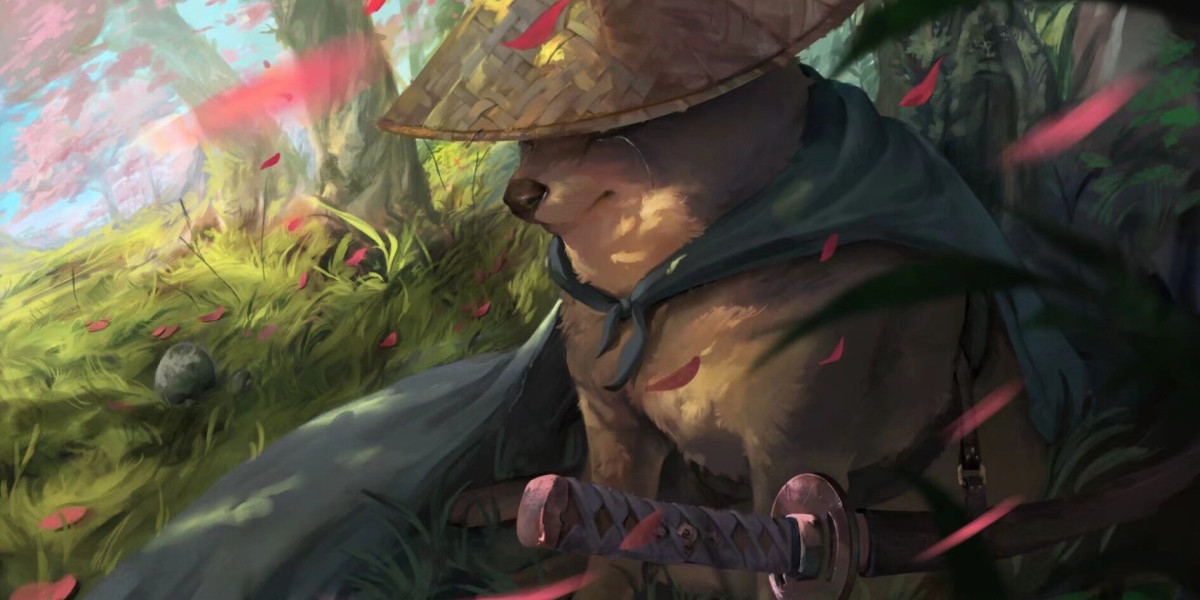Men's linen shirts have been a staple in fashion for centuries, with their popularity enduring through the ages. This article delves into the historical insights behind the enduring appeal of men's linen shirts, exploring their evolution and significance in different eras.
The Ancient Origins
Historical insights into the popularity of men's linen shirts can be traced back to ancient civilizations such as Egypt and Mesopotamia. Linen, a fabric made from the fibers of the flax plant, was highly valued for its breathability and durability. In these early civilizations, linen shirts were worn by the elite as a symbol of status and wealth.
For example, in ancient Egypt, linen shirts were worn by pharaohs and high-ranking officials. The fabric was considered sacred and was associated with purity and rebirth. Linen shirts were often adorned with intricate embroidery and were worn as a sign of authority.
The Renaissance Revival
During the Renaissance period, men's linen shirts experienced a revival in popularity. The Renaissance was a time of cultural and artistic flourishing, and fashion played a significant role in expressing one's social status and identity.
Linen shirts became a favored choice among the aristocracy and upper classes. They were prized for their lightweight and breathable nature, making them ideal for the warm climates of Mediterranean countries. Linen shirts were often embellished with lace and ruffles, showcasing the wearer's wealth and refinement.
The Colonial Influence
As European powers began to explore and colonize new territories, the popularity of men's linen shirts spread across the globe. In tropical regions such as the Caribbean and Southeast Asia, linen shirts became a practical choice for European colonizers.
The lightweight and moisture-wicking properties of linen made it suitable for the hot and humid climates of these regions. Linen shirts were worn by colonial officials, plantation owners, and traders, becoming a symbol of their status and authority.
The Modern Resurgence
In recent years, there has been a resurgence in the popularity of men's linen shirts. This can be attributed to a growing appreciation for sustainable and eco-friendly fashion choices. Linen is a natural and biodegradable fabric, making it a preferred option for those conscious of their environmental impact.
Furthermore, the versatility of linen shirts has contributed to their enduring appeal. They can be dressed up or down, making them suitable for both formal and casual occasions. Linen shirts are now available in a wide range of colors and styles, catering to diverse fashion preferences.
As we reflect on the historical insights into the popularity of men's linen shirts throughout the ages, it becomes evident that their appeal transcends time and cultural boundaries. From ancient civilizations to modern fashion trends, linen shirts have remained a symbol of style, comfort, and sophistication.








